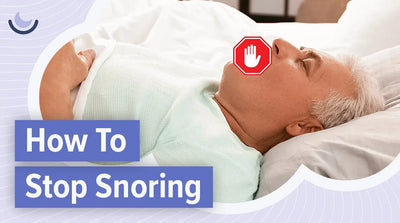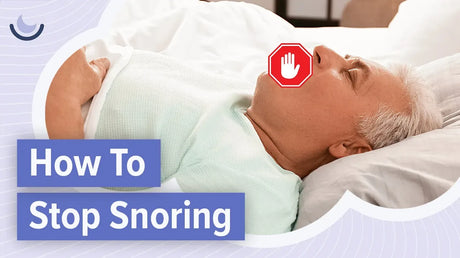Somnofit-S Anti-Snore Mouth Guard+
The SomnoFit-S is an FDA-cleared mandibular advancement device (MAD) that works by gently shifting your lower jaw forward to help keep your airway open while you sleep.
VIO2 Unscented Mouth Tape
Comfortable and skin-friendly, VIO2 gently trains you to breathe through your nose while you’re asleep, supporting healthy sleep, energy levels, and overall well-being.
The Airflow Clip Nasal Dilator is a simple, minimally-invasive device that fits snuggly into your nostrils, gently expanding them for easier breathing. This eases congestion, reduces snoring, and improves sleep.
Rematee Expandable Bumper Belt
The Rematee uses inflatable bumpers on the back of the belt that encourage side sleeping, helping to prevent snoring. The minimally invasive design and lower price-point make it an approachable anti-snore solution for sleepers that have tried and failed other options.





















